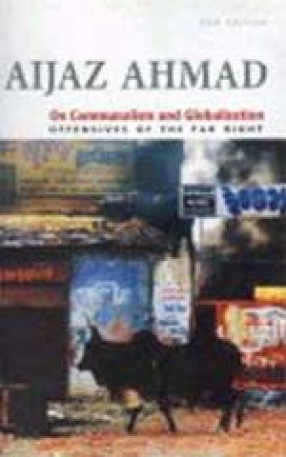
Showing all 7 books

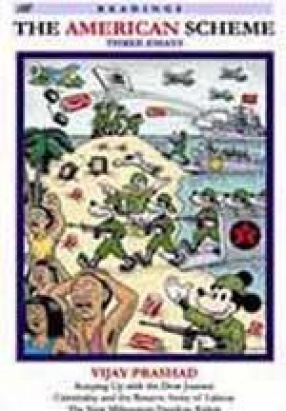
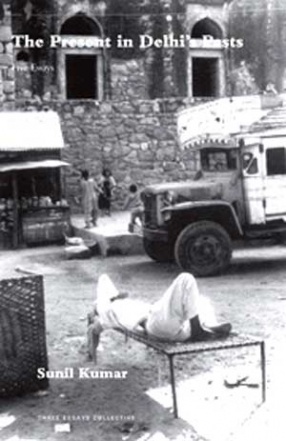

The three essays collected in this short volume were written over a period of some eight years and represent a small but perhaps representative selection of my recent writings on the issue of communal fascism and, more obliquely, the nature of imperialism in our time. Implied in this juxtaposition of two texts on communalism and one on globalization is the suggestion that there is a structural even though not a causal connection between the current fascist ...
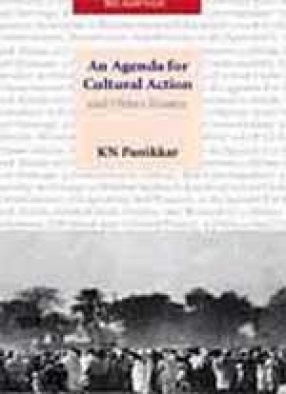
The author focuses on the alliance between the neo-liberal economic policies and Hindu fundamentalism in India, its implication for civil society, and the destruction of the educational system through privatization and rabid communalization. He also discusses the historical context of the Hindu right wing cultural project and outlines the agenda for struggle against the corrosive influence of this homegrown fascism.

In three celebrated and controversial essays Meera Nanda connects religious fundamentalism with fascism and talks about the responsibility of intellectuals. She examines the link between Hindutva and reactionary modernism, argues for linking rationalism and science for the cause of social justice and provides a detailed critique of anti-rationalist and anti-secularist currents dominant in several academic and research circles in India. This little book is a ...

The three essays in this volume, putting Hindutva in international, national and regional perspectives respectively, provide three successive pictures of Hindutva, each, as it were, closer up than the one before, each probing progressively deeper into its dynamics. They analyse the structural basis, historical roots and political entrenchment of Hindutva, and assess the size of the task before the forces who oppose it.

Poverty, racism and sexism are rife within the US, but, in truth, the conditions for major social change are not yet in evidence. This short book of three essays offers an assessment of the contradictions of US life, of the attempts by its economic and political managers to stabilize their dominance (by incarceration, mainly), and of the few social agents at work to transform what Mao called a “paper tiger.†The paper tiger continues to growl—this is the ...

The essays in this volume are about old monuments and villages in New Delhi. The author investigates both, the medieval history of these sites and changes that have occurred in these areas in more recent times. Relying upon Persian documentation and fieldwork, the author narrates the histories of these sites over the last millenium. It is a history of how, ever so gradually, the present has erased and rewritten the past of New Delhi.
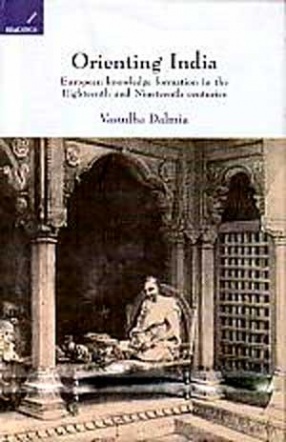
These three essays, by Vasudha Dalmia, explore the ways in which Europeans-British colonialists and German philosophers and scholars—appropriated Indian history, religious scholarship, and ritual practice to assert their own relationship to India and Indians, and even more so, their relationship to their own past and sense of present duty, right, and mission. In these European attempts to orient India to their own designs, justifications, and ...
